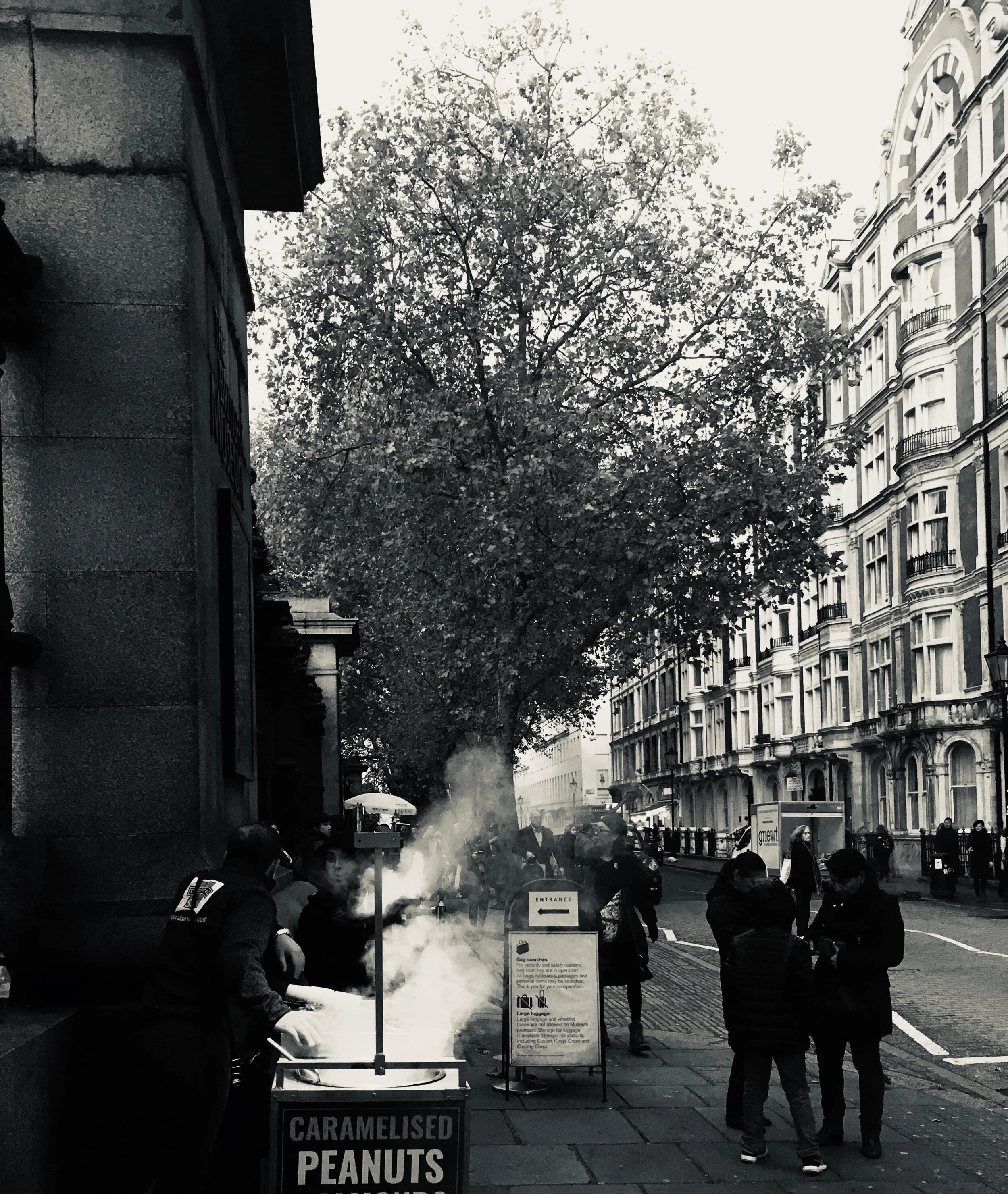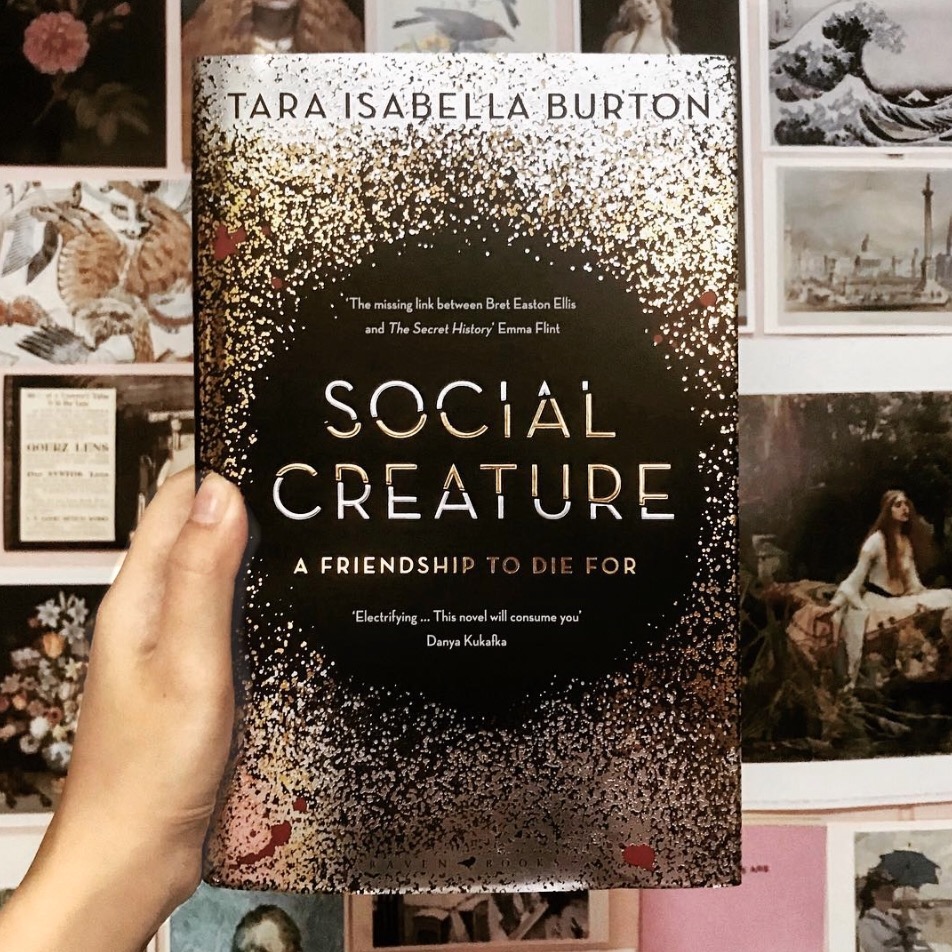Detransition, Baby: An Automatic Queer Classic
I don’t think I’m being dramatic when I say that Detransition, Baby is an automatic queer classic, and almost certainly one of the books of the year. Torrey Peters proves herself to be a writer that can write about some of the most difficult topics with a litheness that makes it look easy. The novel starts with Reese, a transgender woman still reeling from the fallout of her ex-girlfriend detransitioning from Amy to Ames. One day, Ames contacts her and asks if Reese would like to be a mother. Ames has had an affair with his co-worker Katrina, and, despite believing himself to be infertile, Katrina is pregnant. Ames proposes that the three of them raise the child as a parenting triad, giving each of them an opportunity to find or reclaim the identities that they crave.
Detransition, Baby is one of the first books I’ve read to so wholly centre a transgender woman’s point-of-view, particularly on the topic of motherhood. As a cis woman, I know there are many quirks of the novel and in-jokes that might have sailed over my head, but, to be quite honest, I just felt happy to be along for the ride. Torrey Peters revels in the anxieties and fears of gender. Her ability to combine sardonic wit and shocking reality within a single sentence makes the book compulsively readable. At one point in the novel, Reese is at an essential oils direct sales party with Katrina, a queer amongst the straights. She notices that straight cisgendered men and women constantly play gender dress-up while telling themselves that their gender expressions are what define them as people. She muses that ‘heterosexual cis people, while wilfully ignoring it, have staked their whole sexuality on a bet that each other’s genders are real.’ Why should Reese, as a trans woman, be made to feel like dressing up her gender is a try-hard scam when straight cis women do just the same thing? This kind of writing is what makes the novel so enticing: a tug-of-war between serious ideas about gender and the kind of sharp wit that made me snort with laughter.
In the gender wilderness that defines Detransition, Baby, we also come across the central topics of motherhood and mothering. The unnamed child that brings Reese, Ames, and Katrina together is the touchstone that provides each of these characters an opportunity to reckon with their status as mothers, and as children of mothers. Reese and Ames have fraught relationships with their mothers, largely connected to their transitions. Katrina has a close bond with her mother but struggles with her own status as a mother-to-be. The difficult subject of biological motherhood is contrasted against the far more joyous prospect of queer and trans adopted motherhood. As a white trans woman, Peters acknowledges the differences between white and Black or Latinx trans motherhood; white queer communities are far less likely to build these quasi-familial ties. However, the concept of adopted motherhood runs strong for each of the main characters. Reese coins the phrase ‘mom-crush’ to describe the feelings that she has for Katrina, a largely platonic desire for joint motherhood. Reese guides Katrina into the waters of queerness while Katrina reciprocates by providing the no-nonsense kindness that you might expect from a mother. As Amy, Ames discovers multiple queer mothers that allow her to thrive as a transgender woman — something he misses bitterly after his detransition. Motherhood is a topic that is dissected on almost every page, it is this novel’s greatest anxiety and greatest pleasure. You would be hard-pressed to find a book that discusses the subject so diversely and intimately.
Within the wit and unravelling of gender in this novel also lies the reality of life as a transgender woman. Reese quips that funerals for trans women are so frequent that they are social events, each with their own patterns and cast of characters. She must confront the fact that being in her mid-thirties makes her both young and old in transgender terms: barely out of her second puberty and yet one of the elders in her community. Plus, despite Reese and Amy’s relative financial security in this book, Peters is quick to remind us of how fragile that state can be. Amy detransitions to Ames, in part, because of a physical assault. Reese’s vulnerability around cisgender men who want her privately and dismiss her publicly is a theme that rears its head frequently. The unfairness of this is a topic that the books digs into. Every aspect of Reese and Amy’s identities and lives feel magnified in a way that cisgender people cannot comprehend. What is conveyed, is that to be openly transgender in modern America is to make a life-long commitment to vigilance.
Detransition, Baby is a book that crackles with life. The characters, but particularly Reese and Ames, bounce off the page. In all, it is a love letter to the trans community, unflinching and unapologetic, but adoring too. You can tell how fond Peters is of her community, like a big sister that loves to tease but privately adores the eccentricities she knows so well. I believe that any woman, any mother, any person that has struggled with their gender or identity, could read this and find so much to connect with or learn from. This is a book I’ll be coming back to time and again, and I doubt I’ll be ready to let these characters go for a while.
Eliza Campbell is Culture Editor at the Attic on Eighth. When she’s not reading, writing, or in a rehearsal room, she loves to sit in galleries, libraries, and coffee shops listening to period drama soundtracks and watching the world go by.














“Detransition, Baby is a book that crackles with life.” Culture Editor Eliza Campbell reviews the book we’re all thinking about.